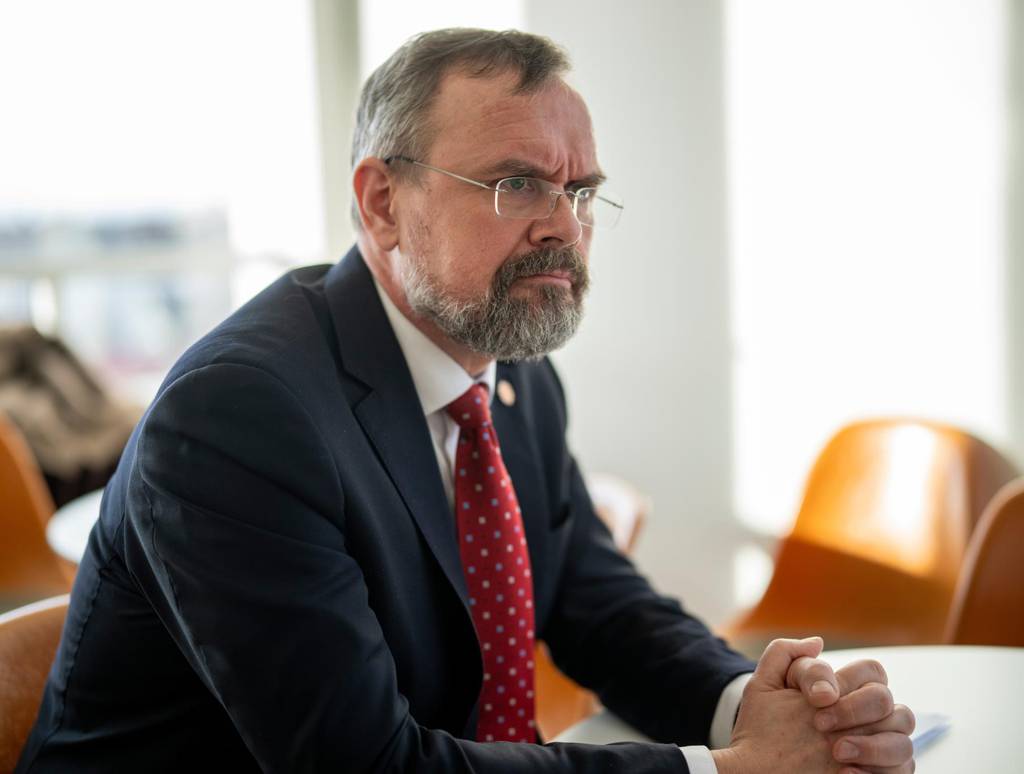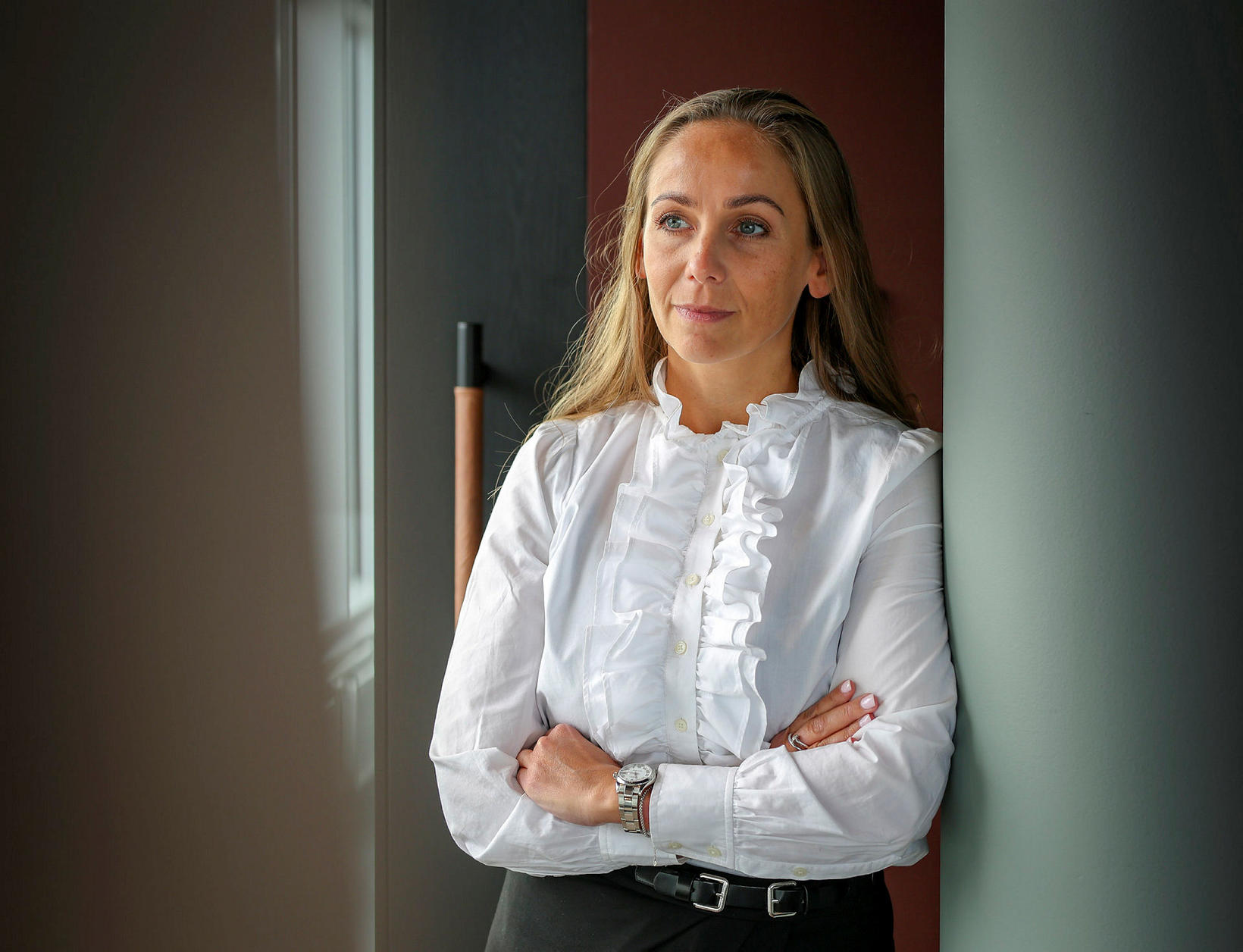Government’s plan to raise fishing fees faces criticism from Fisheries Industry
Daði Már Kristófersson, Minister of Finance, is said to be announcing a radical approach to fishing fees. Morgunblaðið/Eyþór
The Icelandic Fisheries Industry Association (SFS) has strongly criticized the government’s plan to double fishing fees, a proposal set to be presented today. According to the association, the move will lead to job losses, reduce state revenue, and ultimately harm the country's fisheries sector.
The government is scheduled to hold a press conference at 1 p.m. today to unveil its intentions to significantly increase the resource fee in the fisheries industry. The Icelandic Fisheries Federation warns that this proposed change is more damaging than any similar proposals made in the past.
The resource fee, which was first introduced in 2004, has undergone several adjustments over the years, usually aimed at raising the fee. Historically, it has been based on a percentage of fishing income, with the state taking a third of those earnings. However, the government’s new plan intends to base the fishing fee on market prices from the Norwegian auction markets for pelagic fish and the Icelandic auction market for demersal fish. This approach, the association claims, is based on a completely different model from that of Iceland's integrated fisheries value chain, a system that has contributed significantly to the nation’s prosperity.
Heiðrún Lind Marteinsdóttir, CEO of the Icelandic Fisheries and Marine Products Association. mbl.is/Árni Sæberg
Concerns Over Increased Costs and Job Losses
SFS argues that the new fishing fee structure will result in less competitive fish processing industries in Iceland. The plan is expected to increase fishing income in line with the new fees, forcing fish processing companies to face higher costs. This will likely make processing uncompetitive, leading to a shift in operations similar to what has occurred in Norway, where fish is exported unprocessed to low-wage countries like Poland and China for state-subsidized processing.
As a result, the association warns that this could drastically reduce value creation in Iceland, severely impact fish processing jobs, and reduce the income generated from related services and industries. The impact will not be limited to the processing sector; the knock-on effects could lead to diminished municipal revenues and a loss of tax revenue from both processing companies and their service providers.
Impact on Rural Communities and Innovation
The association also predicts that the new policy will deprive rural areas of a vital income source, as the fishing industry has long been a backbone of many communities. The potential loss of jobs and income, along with the curtailing of innovation in land-based processing, is expected to result in a significant blow to the country’s economy.
SFS criticizes the government’s shift away from value creation, arguing that the focus on inefficient fishing practices, higher carbon fees, and the dismantling of domestic fishing and processing will only harm the Icelandic economy. The association’s CEO, Heiðrún Lind Marteinsdóttir, expresses concern about the broader implications of the government’s approach, warning of increased foreign market instability and the threat of economic hardship for Iceland's seafood industry.
A Tough Road Ahead
In its statement, SFS concludes that the government’s current direction is a sharp departure from its initial vision of fostering value creation in the fisheries sector. The association predicts a tough road ahead, with potential negative consequences for the industry, the economy, and the communities that depend on it.



/frimg/1/38/77/1387784.jpg)





